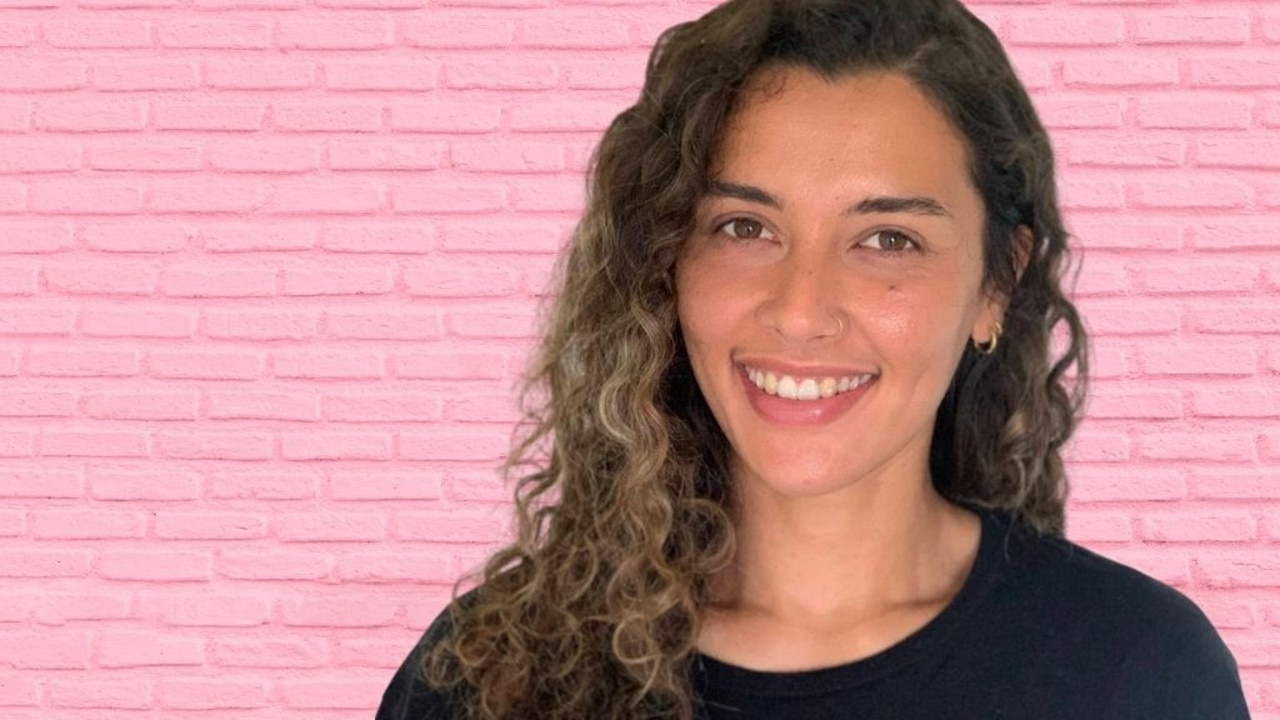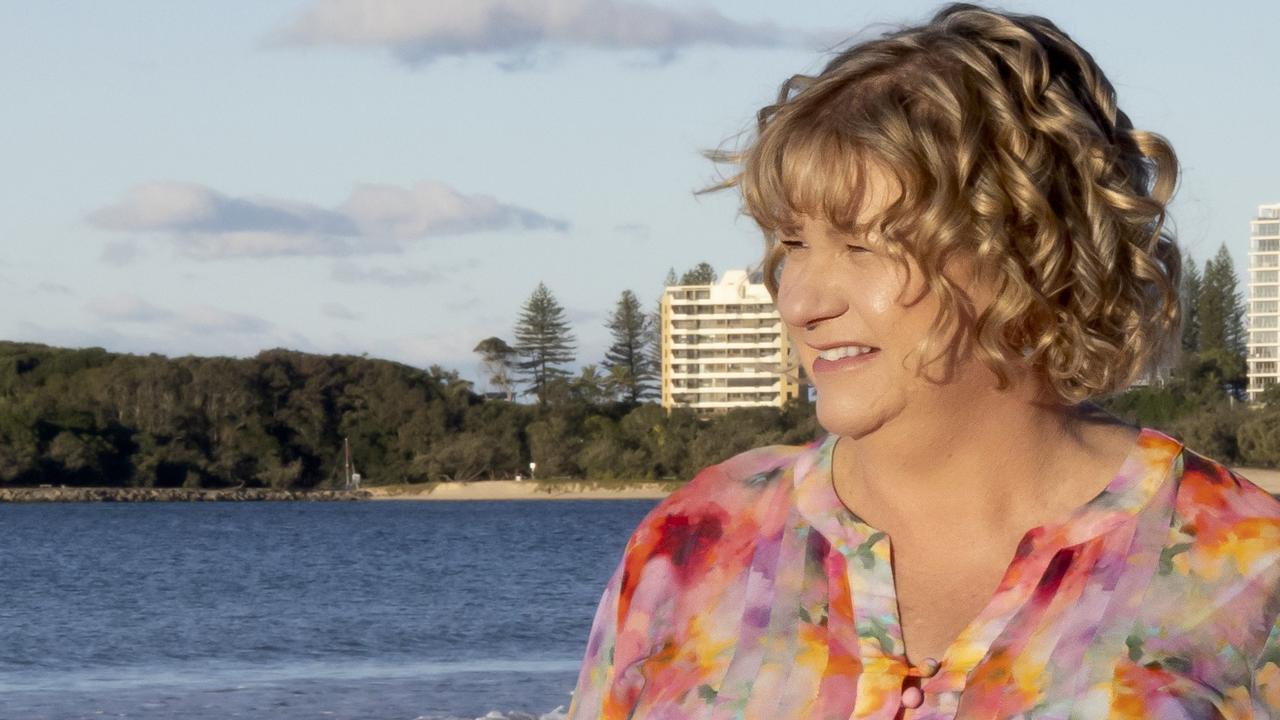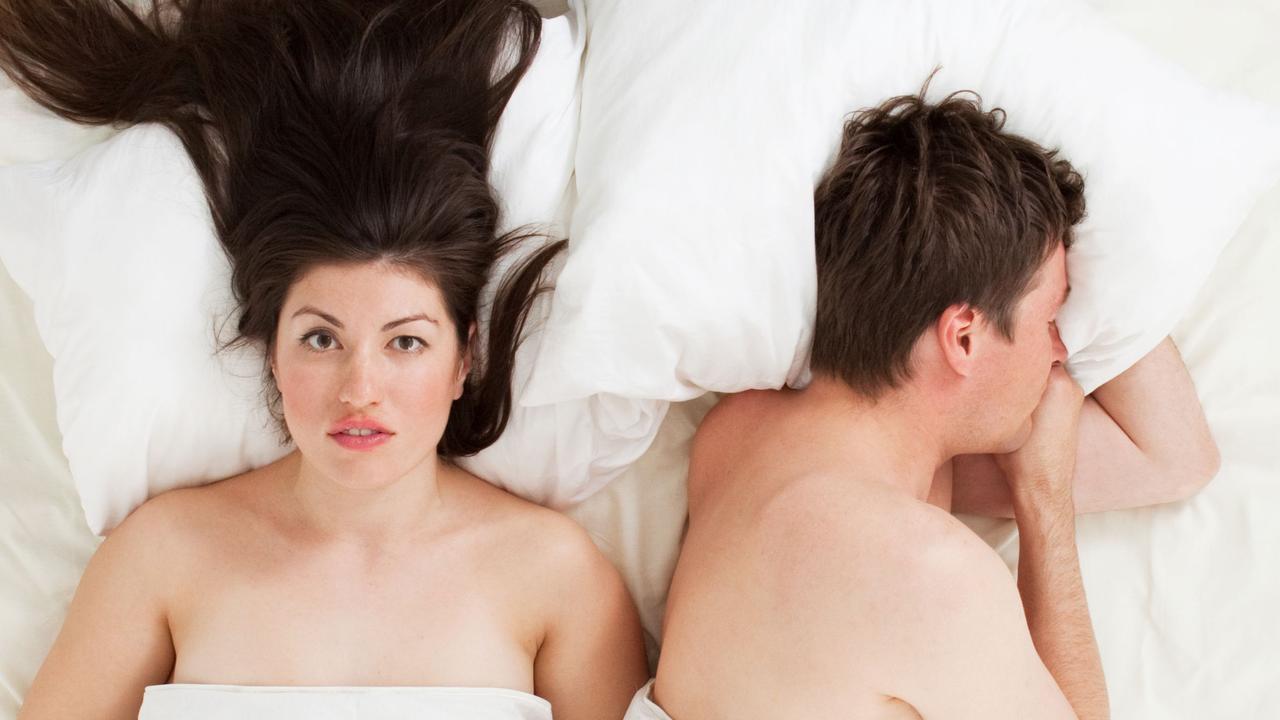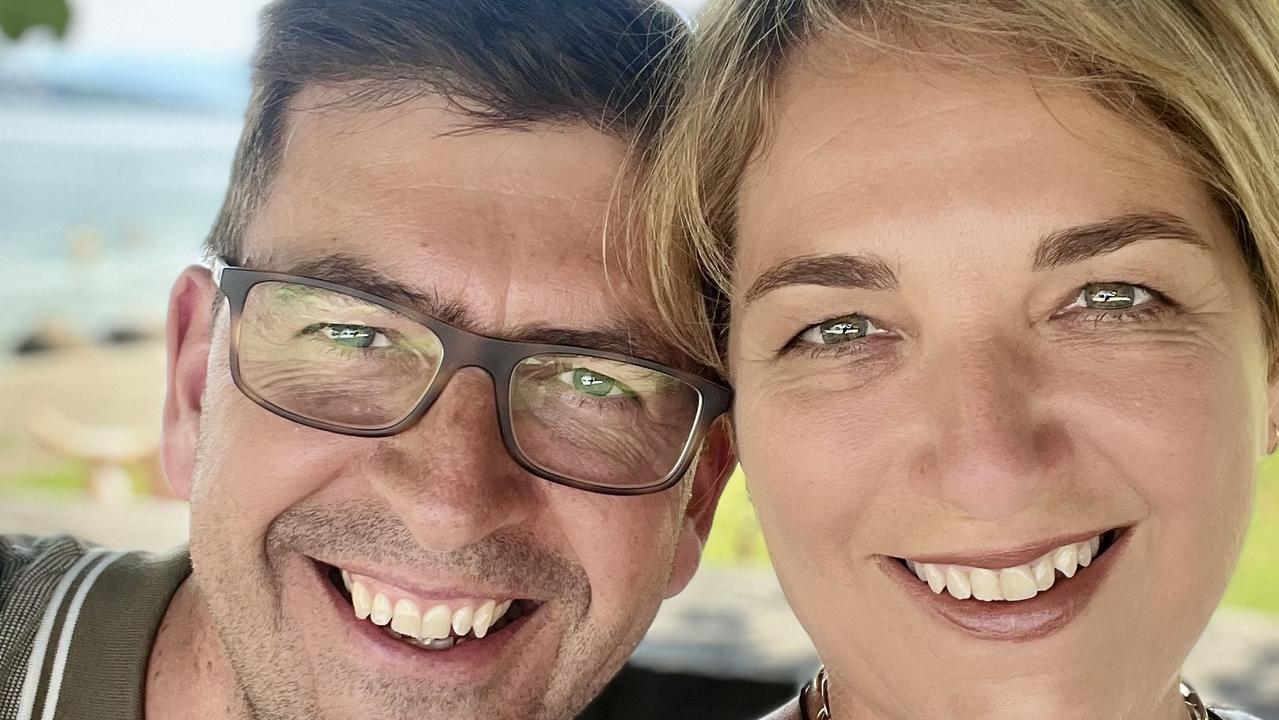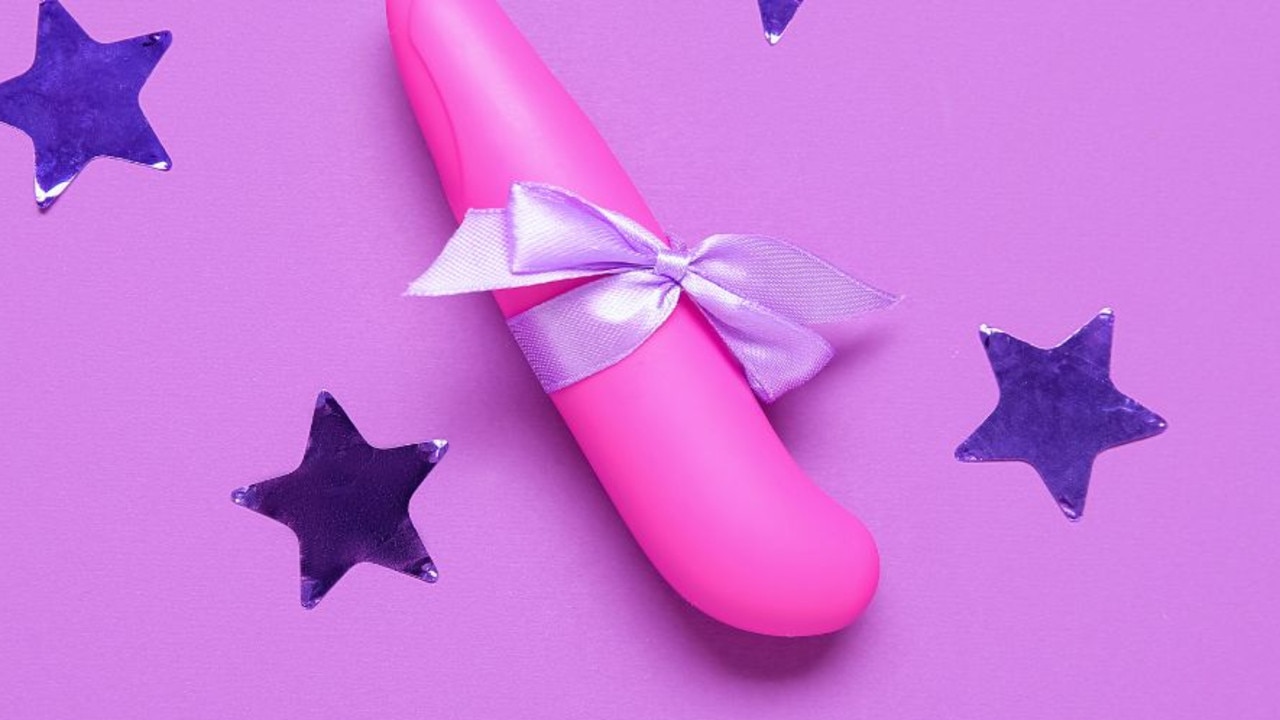How I realised I am asexual
I didn’t realise I was asexual until four years ago. But looking back, in my first serious relationship I lost interest in sex after the first couple of months.
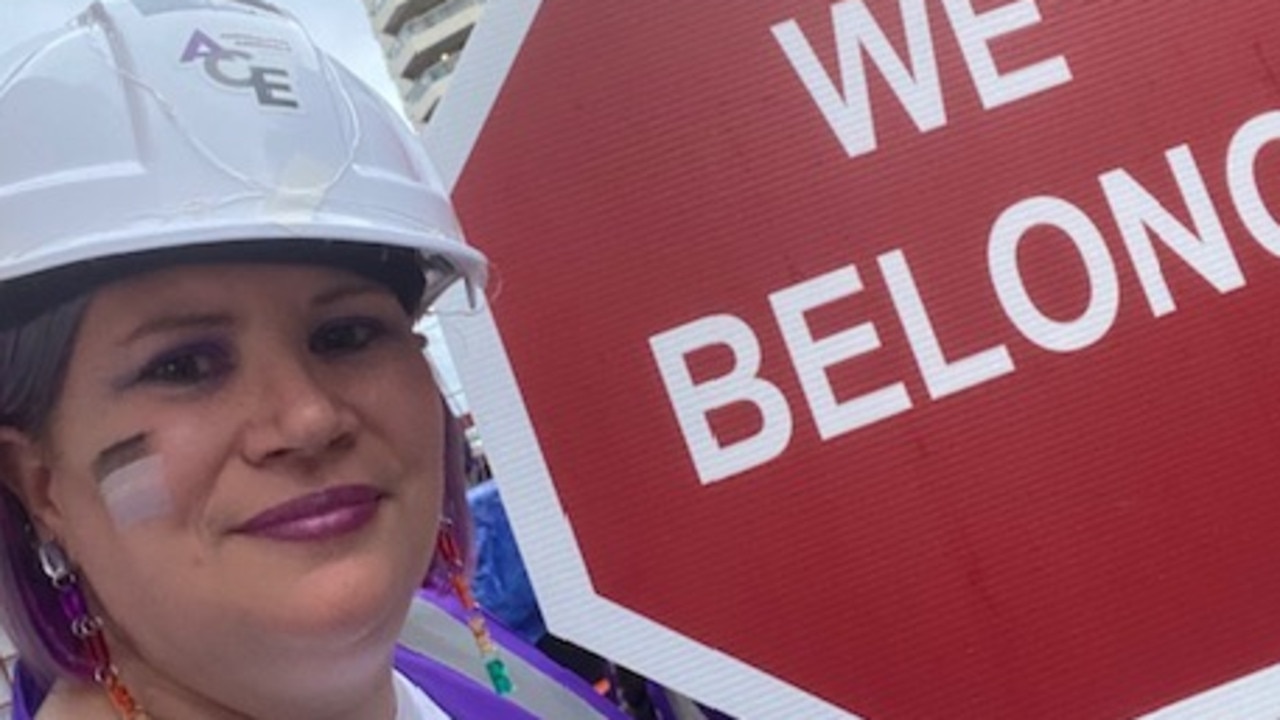
Sexual Health
Don't miss out on the headlines from Sexual Health. Followed categories will be added to My News.
I came out as a lesbian in my early 20s, but I didn’t know I was asexual (also known as “ace”) until about four years ago in my late 30s.
This was about the time when I discovered asexuality and what it meant.
Asexuality is defined as a lack of sexual attraction, however it’s important to remember that asexuality is a spectrum.
Some asexuals are demisexual (experiences sexual attraction after an emotional connection is formed), graysexual (experiences sexual attraction infrequently), or fraysexual (experiences sexual attraction to those they don’t have an emotional bond with), among other types.
I hope that by sharing my story I might help someone else who is trying to understand their
sexuality, while also helping others to understand asexuality.
I spent most of my 20s and 30s in relationships.
My first long-term partner (we’ll call her H) is where I started having a “problem” with sex.
I lost interest in sex after the first couple of months and especially after we started living together.

I had back surgery during the beginning of this relationship, so I presumed my lack of interest was pain related, but the pain went away and the desire to have sex didn’t come back.
In reality I probably found the pain to be a useful excuse.
We mostly had a good relationship, but we argued about sex a lot, and we really only had sex when I felt guilty.
H kept pushing me to speak to my GP, but I refused.
I didn’t see my lack of interest in sex as a problem I wanted or needed to fix.
H also suggested I see a therapist, but again I didn’t think I needed to.
We broke up after about nine years.
My next relationship lasted three years and was long distance — we saw each other every few months.
This is probably the only relationship where sex wasn’t an issue.
Looking back I presume it was because of the distance — it was like a new relationship every time we saw each other.
But then Covid happened and it had become clear to me that the relationship wasn’t going to work long-term.
I was only single for a couple of months before I met my next girlfriend (F).
I was honest on meeting F and we discussed how I had not had much interest in sex in some of my previous relationships.
F had told me that she had a high sex drive.
Looking back, this was obviously a red flag – a big shiny one with flashing lights — but we dated anyway, for about six months.
F suggested I see a therapist, which I did end up doing, but I didn’t find one I felt comfortable enough with.
Looking back, it was clear that F was increasingly unhappy in our relationship.
She seemed to want to “fix” me, and even took me to a shop that sold various concoctions of herbs, finding ones that supposedly improve libido.
She convinced me to buy some tea with these herbs, which of course I never used.
I started to read about asexuality and although I couldn’t really find a definition that fit me
completely, it gave me a name to apply to myself and some explanation of how I had been feeling.
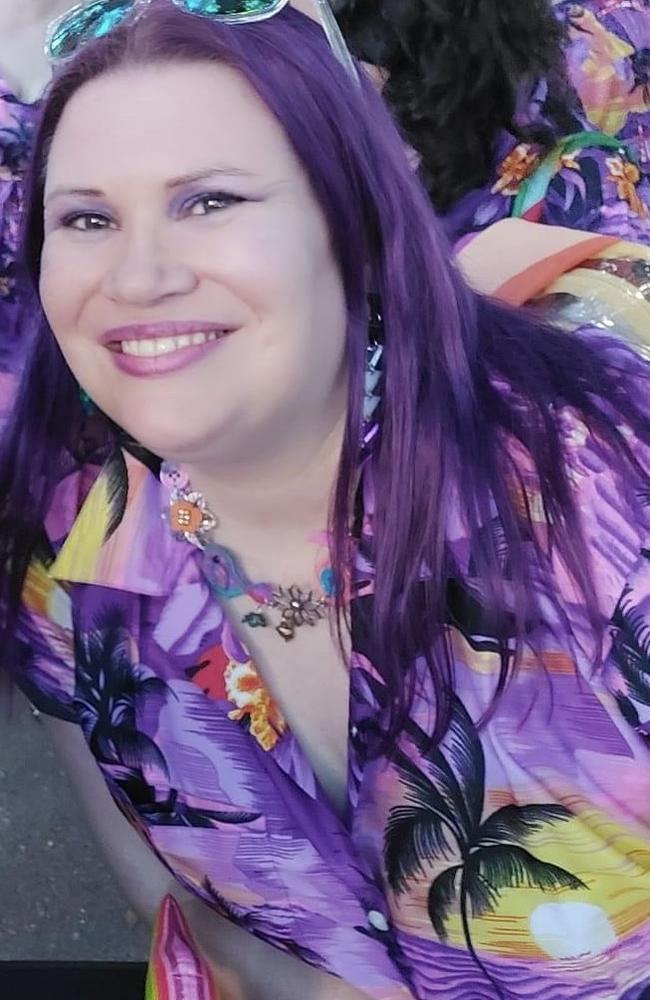
I found a good therapist and finally felt like I was understood and listened to.
This was my first experience talking about sex and sexual attraction with someone that didn’t tell me there was something wrong with me.
My therapist made me realise that I was getting into the wrong relationships, likely out of a desperation to not be lonely, but I was ignoring all the red flags.
My therapist encouraged me to make more effort to make friends and stay off dating apps. This is when I found the Sydney ace community.
I have attended many meet ups, organised several myself, made a few friends and participated in the Mardi Gras parade, marching with Australian Asexuals for the last three years.
I finally feel like I found other people who have some understanding of how I feel, people that don’t judge me.
I know that I am somewhere on the asexual spectrum, maybe grey-ace or fraysexual, but that’s not important to me now.
Labelling myself as asexual enabled me to understand myself better and to find my community, but I don’t feel the strong desire to define that label.
In my experience labels are great if you find one that fits you that you are happy with.
But if like me you struggled to find a label that fits completely, it can start to feel like maybe you are not like anyone else and therefore a bit broken.
It took me some time to realise that I didn’t need to fit one label exactly, that I am not
broken, especially in terms of asexuality.
It’s so important to remember that it’s a spectrum, and that’s what I want others to remember.
I proudly identify as both a lesbian and asexual – but I’m more than just my sexuality.
I’m a nurse, a cat mum, a tattoo addict, and should be approached with caution before my first coffee.
Most importantly I am me, unapologetically.
Originally published as How I realised I am asexual



